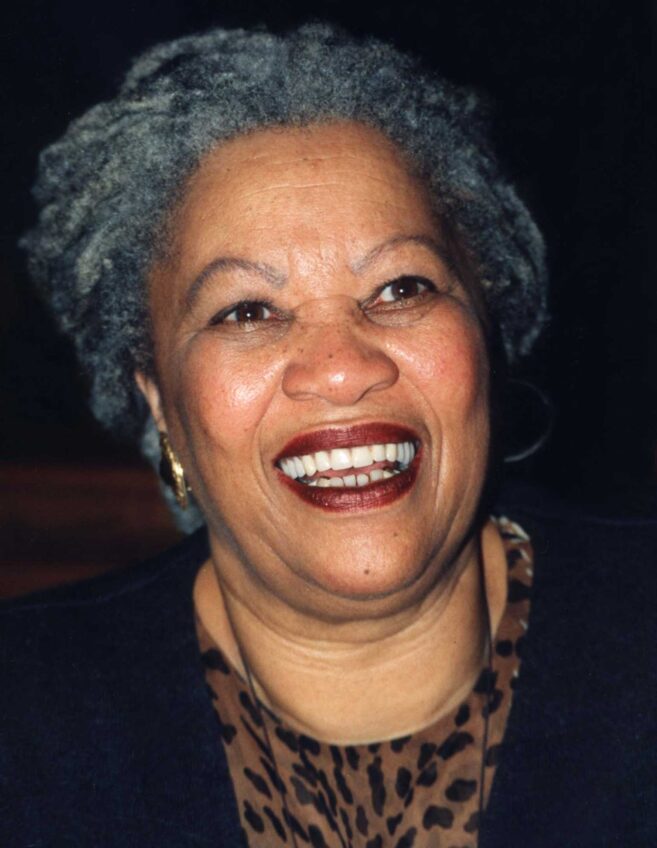In a textbook example of gaslighting, the Jan. 25 Department of Elementary and Secondary Education (DESE) board meeting showed a complete disconnect with and disregard for the impact of COVID policies on families and school communities across the state. Gaslighting is a term for when a partner does something abusive, but then denies the abusive behavior, causing the victim to question the reality of the situation.
BPS parents testifying at the meeting shared major flaws in testing, receiving truancy letters for COVID-related absences and the need for flexibility in remote learning days when schools need to close due to outbreaks. As board members questioned DESE officials, Commissioner Jeff Riley passed the buck, blaming districts for their attendance policies and unions for refusing to be flexible with online learning.
The meeting showcased the Baker administration’s lack of leadership on COVID in schools. DESE has declined to fix the actual problems, and instead has left parents, students and school staff to suffer the consequences — thousands of coronavirus infections, students passing along COVID to infants and elders, staffing challenges and a lack of remote learning options.
But BPS families and students have not stayed silent. Several parents and grandparents took part in a car caravan outside Tuesday’s DESE meeting, while others testified inside. BPS students organized a student walk-out the week before, to express their own rising concern over lack of adequate precautions.
BPS Families for COVID Safety (FamCOSa) and Boston Student Advisory Council members agree that more effective strategies can be implemented. FamCOSa calls on DESE to:
• Provide high quality masks for all students and staff — N95 and KF94 for staff and KF94 for students.
• Invest sufficient resources and staffing to ensure a consistent, opt-out testing program:
– Increase pool testing to twice per week and generate results within 24 hours, in every school. Reinstitute a two-swab collection method as well as rapid testing for quick identification of positive individuals.
– If test-and-stay is ended, support families in using at-home rapid tests in line with Massachusetts guidance by offering at least two rapid tests per week and providing training videos and translated instructions in all the BPS languages. Support districts to create a system through which families can report positive results, so that cases are tracked.
• Guarantee adequate ventilation and filtration in every cafeteria or space in which students are eating meals.
• Investigate school outbreaks to identify contributing factors and mitigation measures to be taken, and share results widely.
• For students affected by COVID-related issues and concerns, do not enforce the policy that penalizes students for missing more than 18 days in a school year.
• Coordinate with healthcare partners on a robust outreach and service plan to increase the percentage of students who are vaccinated, especially focusing on students of color and students who speak languages other than English at home.
• Evaluate the implementation of all COVID mitigation efforts to ensure racial equity, using the BPS Racial Equity Planning Toolkit.
• Allow the remote learning days necessary to institute all of these critical safety measures and ensure that they count toward the 180 days of required instruction. Allow flexibility to institute short-term periods of remote learning if needed to address surges.
– During any remote periods, there should continue to be in-person services for children with high needs, as well as access to food, technology and Wi-Fi, child care options, financial and other support to families that need such support.
While it appears that the omicron surge is on the decline, thousands are still being infected, no one can predict when a next variant will arrive, and this virus continues to disproportionately impact communities of color. Instead of continuing their dangerous tone-deaf behavior, Governor Baker and DESE Commissioner Riley must prioritize creative flexibility and healthy decision-making that prioritizes students, staff, families and our communities.
Suleika Soto and Sarah Horsley are parents of Boston Public Schools students and cofounders of BPS Families for COVID Safety






